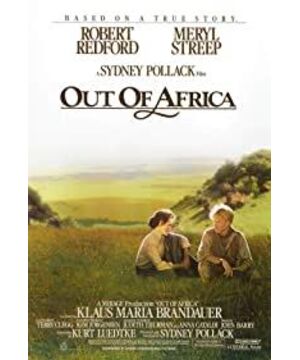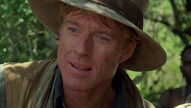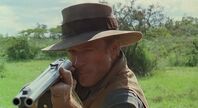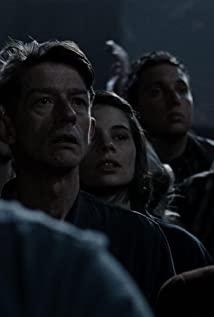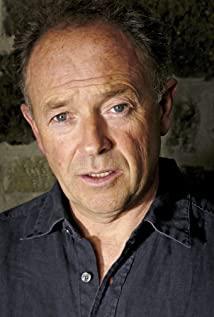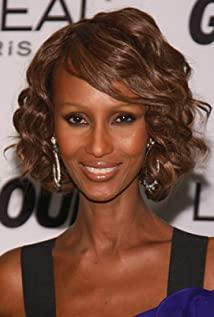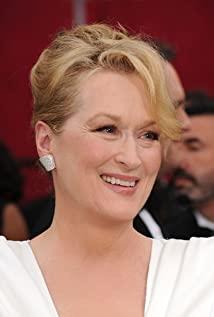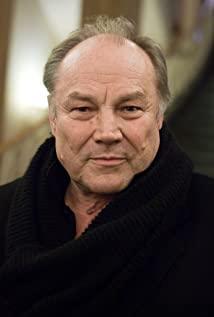She has a brief conversation with Felicity, a teenage girl who expresses her confusion:
"I don't know much about men. I want them to like me, but I…I want to be let alone too.
I'm supposed to want to be taken, aren't I? I've got this book.
But how do you know when to do what they want you to and when not to?"
She didn't answer her, she just said "I suppose you ought to call me Karen". Because she was equally confused.
She finally met the man who baffled her.
——"When you go away, you don't always go on Safari, do you?"
——"No."
——"Just want to be away."
——"It's not meant to hurt you."
—— "It does."
During the two camping trips to Mara, she asked him more than once:
"Why am I here?"
- "Because I wanted you to see all this. I wanted to show it to you.
I thought you'd understand it."
Love is sometimes just a simple desire to share. "Show You" but don't say anything because I know you'll understand. It was a tacit understanding that did not require words. Yes, it is like that.
There is no doubt that they love each other deeply. But...
——I'm with you because I choose to be with you.
I don't want to live someone else's idea of how to live.
Don't ask me to do that.
I don't want to find out that I'm at the end of someone else's life.
I'm willing to pay for mine. To be lonely sometimes, To die alone, if I have to.
I think that's fair.
——Not quite. You want me to pay for it as well.
——No, you have a choice, and you're not willing to do the same for me.
I won't be closer to you, and I won't love you more because of a piece of paper.
There is no right or wrong here. It's just...
he doesn't know" There are some things worth having, but they come at a price, and I want to be one of them. I used to think that there was nothing that you really wanted, but that's not it, isn' t it ? You want to have it all." He doesn't know that any choice comes with a price. Some things are either one or the other, and when we choose one, we give up the other. He forgets that behind every choice there is a corresponding responsibility to bear.
She doesn't know that all we have is our own lives and lives.
——"My Kikuyu", "My Limoges", "My farm", It's a lot to own.
——I've paid a price for everything I own.
——What is it, exactly, that's yours?
We're not owners. We're just passing through.
——Is life really so damn simple for you?
——Perhaps I ask less of it than you do.
--I don't believe that.
At the end of the story, he made a concession and promised to accompany her to Mambasa.
——"I was beginning to like your things."
——"And I was beginning to like living without them."
He began to appreciate her, not just a woman who could tell stories.
She began to identify with him.
——"You were right, you know. The farm never did belong to me."
——"I may have been wrong."
But the story came to an abrupt end, he crashed and died. She knelt in the stack of his books and smoked, her expression blank, wanting to cry without tears.
He had asked her out loud "If I die, will you die?" Yes, she wouldn't. His death is like a question mark, constantly asking her, if I die, you will not die; life is only your own, and life is only your own. But he didn't know what she would do with the memories he left her. . .
The film is based on a memoir written by author Karen Blixen under the pseudonym Isak Dinesen. The author has not returned to Africa for the rest of his life.
View more about Out of Africa reviews


